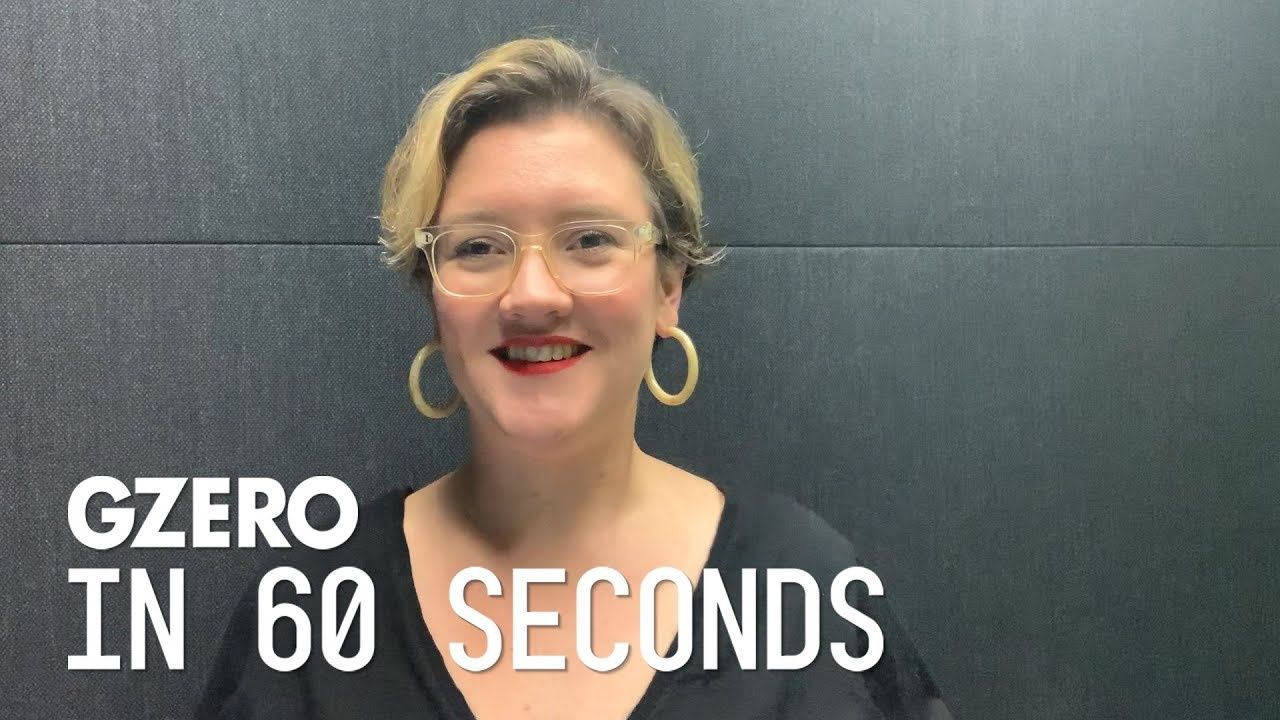
How did an entire country's media spread false news for a night?
Fascinating case study in France over the weekend. For less than a day, we thought that the most wanted man in the country had been caught in Scotland. Turned out to be a case of mistaken identity. The so-called news was actually reported quite carefully at first, on Friday night with careful words. But the language quickly moved from conditional to categorical and therefore, to misinformation through human error. What you have here is the tension between being first and being right, which has always been present in journalism but is more and more as you have these 24 hour news channels, social media, and the incredible economic pressure on news sites that are advertising based and therefore click based.
So nonetheless, major mistake here. It will be interesting too, to hear more from newsrooms about the process. We've seen apologies, not tons of lifting the curtains on the process yet which would be great to see. A lot of newsrooms have said: "you know we checked with two or three other sources." What can happen is that these sources are police and they're all getting their information from the same place. So really, you only have one source. So, we'll see. That might have been what happened. It will be really interesting to hear from media. To err is human, we've all done it. In this profession, it can be quite grave, so that transparency is fundamental.